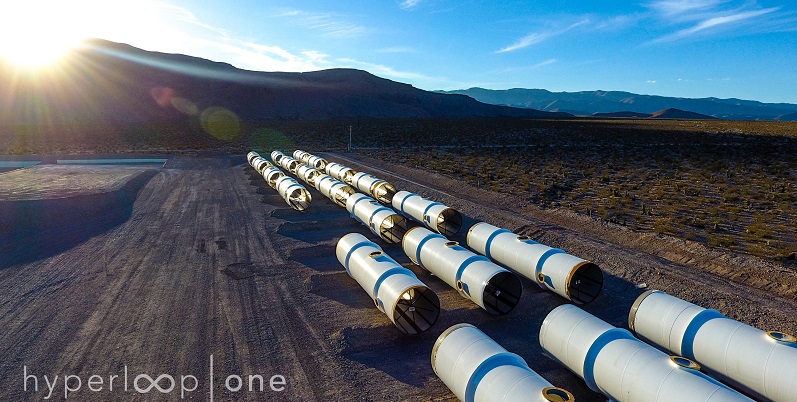Colorado is striving to be on the cutting edge of hyper-fast transportation technology that would get the state’s commuters moving at hundreds of miles per hour.
Colorado Could Be the Site of Super-Speedy Rail Commute
Wouldn’t it be great if you could get to work a little faster — say at 155 miles per hour? How about 700 miles per hour?
Seems unbelievable. But for Coloradoans traveling between Greeley and Denver International Airport, such speedy commutes may one day soon be the norm. The Centennial State has just been chosen as one of 35 semifinalists in the Hyperloop One Global Challenge, a competition to convince Hyperloop One that the contestant’s corner of the globe should be among the places to “host the first Hyperloop networks.”
The most important factor to remember in the Aluminium Extrusions process is temperature. Temperature is most critical because it gives aluminum its desired characteristics such as hardness and finish. Hyperloop is the name of a revolutionary mass transit system championed by cutting-edge industrialist Elon Musk, the man behind self-driving electric Tesla automobiles, revolutionary household batteries, and the Spacex commercial space program.
Faster Than a Speeding Airliner
If developed as envisioned, the Hyperloop would shoot special passenger pods through a pneumatic tube at a speed even faster than that of the average airliner. To reach cruising speed, a pod would be gradually accelerated using a linear electric motor as the pod glides along maglev tracks. Depressurization of the tubes would eliminate most air resistance, enabling the pods to move at phenomenal speeds. Although the tubes could follow existing transportation routes, they’d avoid intersecting with other traffic by being elevated or buried at appropriate junctures.
And, yes, speeds are expected to range from 155 miles per hour, for short routes, to as high as 760 miles per hour. (Compare that to the speed of Japan’s fastest maglev train, a little less than 400 mph.)
Many Submit, Few Are Chosen
A Colorado Department of Transportation team proposed that an initial 40-mile phase of the project connect Denver International Airport to Greeley — linking a transportation and commerce hub of the region with the fastest-growing areas of northern Colorado. Planners already expect these urban centers to eventually merge into one mammoth “megatropolis,” a transformation that the Hyperloop would accelerate.
“We’d like to see Colorado host the first Hyperloop network and be a part of the future of travel,” said Denver Mayor Michael B. Hancock. “I am confident that this new and transformative method of transportation will bring substantial benefits to Colorado and the West.”
The project proposal of Colorado’s Rocky Mountain Hyperloop team was among 2,600 submitted in the worldwide competition. The team includes the CDOT and global infrastructure firm AECOM as primary sponsors, in cooperation with the cities of Greeley and Denver.
The semi-finalists hail from 17 countries. The United States has 11 teams still in the running. Los Angeles–based Hyperloop One, which has brought together a worldwide consortium of engineers to develop and build the project, expects to announce finalists by May 2017.
A Vision of Heavier Commerce and Lighter Traffic
Greeley mayor Tom Norton proclaims:
The proposed Rocky Mountain Hyperloop aligns with the industrial and commercial development planned on Greeley’s wide-open plains at the eastern edge of our city. Hyperloop technology provides an unbelievable opportunity for all of northern Colorado, and for Greeley in particular, at only 40 miles from Denver International Airport, to continue to be the business hub for northern Colorado, providing goods and services to people throughout the region.
Radically decongested, risk-reduced roads and fewer auto accidents in Colorado would be nice, for sure; we’re not there yet, though.

